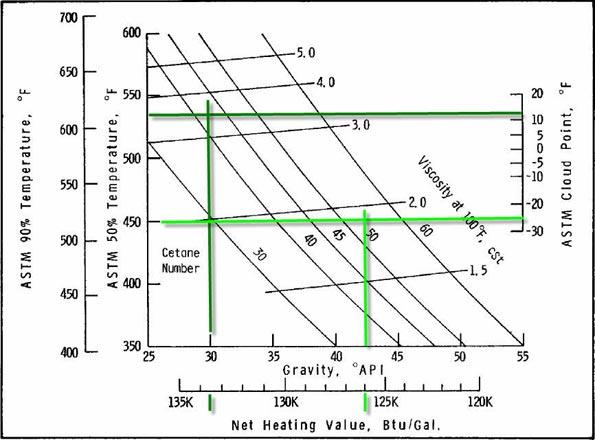- Replies 9
- Views 1.5k
- Created
- Last Reply
Top Posters In This Topic
-
Mopar1973Man 6 posts
-
Scarecrow 3 posts
Popular Days
Most Popular Posts
-
Yup, that's the joke. However, per the internet: Why do cetane numbers matter? The higher a fuel's cetane number, the quicker it ignites — and that carries a variety of benefits for diese
-
Sadly that is all a lie. As cetane goes up, lubricity gets worse because of the solvents to increase cetane. Then BTUs go down as seen in my previous post. Emissions go up being you have
-
Ok. Now little trick look up MSDS for your favorite cetane products and look at the chemicals used to make said products. Now take a sample of said product and put small amount in a small



.thumb.jpg.9c48aa8f6cc163d8202f09ef46255c5f.jpg)

Well, after a lot of reading and a conversation with Mike, more timing should lower EGT and engine load, however when I added timing my load and EGTs went up. Before I got to the numbers he thought would work, engine started to buck, sign of over advance. When I backed off the timing both across the RPM band and cruise things got better.
This led me to a thread Mike wrote about in the winter he pulled timing out due to higher cetane numbers in winter fuel. This makes sense, but got me thinking about the fuel our trucks were designed to run with, which was not ultra low sulfer biodiesel fuel, so I started digging.
Per NDSU AE 1240
No. 2 diesel fuel usually has a cetane rating between 45 and 50 while vegetable oil is 35 to 45. Biodiesel is usually 50 to 60. The ignition quality affects engine performance, cold starting, warm up and engine combustion roughness. Cetane rating is related to the volatility of the fuel where more volatile fuels have higher ratings. A high cetane fuel also may lead to incomplete combustion and smoke if the fuel ignites too soon by not allowing enough time for the fuel to mix with air for complete combustion. The energy content of the fuels also vary. No. 2 diesel fuel typically contains about 140,000 BTU's per gallon while vegetable oil and biodiesel contain about 130,000 BTU/gal.
Fuels with a high heat of combustion will usually produce more power per pound of fuel than fuels with lower energy. As a result, an engine using a lower energy fuel will require more fuel to produce the same power as diesel fuel. As a result of the lower energy content, biodiesel will require about 1.1 gallons of fuel to do the same work as a gallon of diesel fuel.
So biodiesel has more cetane and less BTUs (energy), doesn't seem to be a problem with the newer trucks, but our trucks aren't new.
Here in the land of 10,000 taxes we are mandated B20 in the warmer months and B5 in the winter. While it is easy to add cetane, my question to the group is it possible to lower the cetane rating?
Mark
Edited by Scarecrow